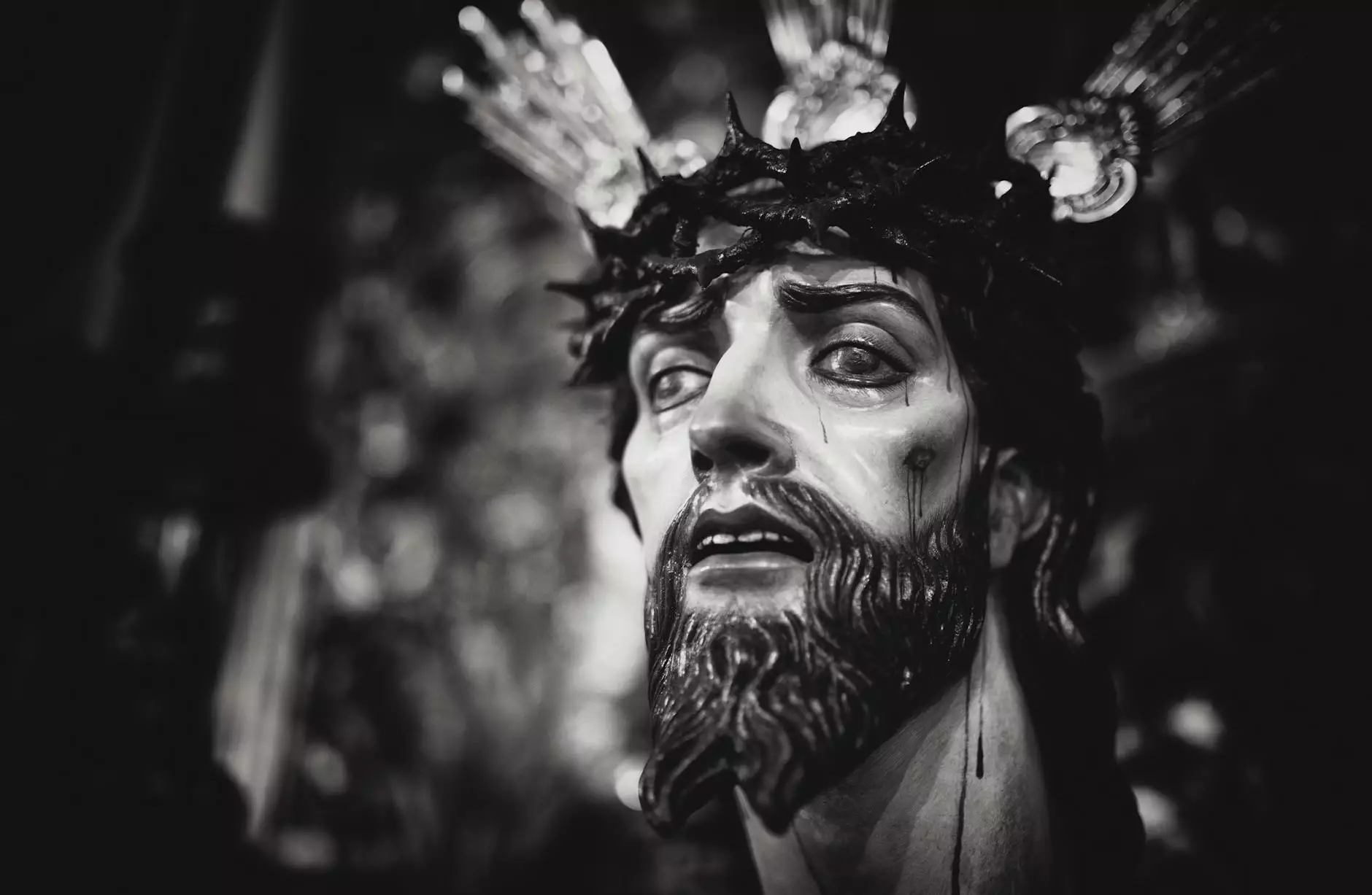DEATH PENALTY: Reflection on the execution of Troy Davis

Welcome to Peace Church, a dedicated community and society where faith and beliefs are treasured. In this section, we explore the profound topic of the death penalty through the lens of the execution of Troy Davis. This page delves into the moral, ethical, and spiritual aspects associated with this controversial issue.
Understanding the Death Penalty
The death penalty, also known as capital punishment, has been a subject of deep reflection and debate for centuries. It involves the state-sanctioned taking of a convicted individual's life as punishment for crimes deemed severe enough to warrant this ultimate penalty. The execution of Troy Davis, a case that garnered significant attention, highlights the complexities surrounding the death penalty.
The Controversy Surrounding Troy Davis' Execution
Troy Davis, an African American man convicted of the murder of a police officer in 1989, was executed on September 21, 2011, after multiple unsuccessful appeals and protests challenging his guilt and the fairness of his trial. Davis' case gained international attention due to concerns raised surrounding the reliability of the evidence, witness recantations, and allegations of racial bias within the criminal justice system.
His execution reignited a worldwide dialogue about the death penalty, prompting individuals and organizations to critically examine the flaws and potential injustices within the capital punishment system. Peace Church aims to contribute to this ongoing conversation by providing a platform to share meaningful reflections.
Peace Church's Perspective on the Death Penalty
As a community that values faith and beliefs, Peace Church embraces the responsibility to explore complex social issues and engage in thoughtful discussions. Our examination of the death penalty in light of Troy Davis' case involves a comprehensive analysis that encompasses moral, ethical, and spiritual considerations.
Moral Considerations
From a moral standpoint, Peace Church believes in the inherent value and dignity of every human life. This perspective prompts us to question whether the death penalty aligns with our fundamental principles of compassion, forgiveness, and the possibility of redemption. We acknowledge the pain and grievance experienced by the victims and their families; however, we also recognize the potential for miscarriages of justice and the irreversibility of taking a life.
Ethical Considerations
Ethically, the death penalty raises significant concerns related to the fair administration of justice. The potential for wrongful convictions, inadequate legal representation, and racial disparities within the criminal justice system cannot be ignored. Peace Church advocates for a critical evaluation of these systemic issues, aiming to safeguard against the irreversible consequences of a flawed system.
Spiritual Considerations
Within the realm of faith and beliefs, Peace Church seeks to reflect on the death penalty from a spiritual perspective. This introspection involves contemplating concepts of repentance, forgiveness, and redemption. We strive to understand how these spiritual tenets intersect with the idea of capital punishment and its impact on individuals, families, and communities.
Continuing the Conversation
At Peace Church, we firmly believe in the power of dialogue and open-minded engagement when addressing challenging topics such as the death penalty. We encourage you to join us in this ongoing conversation, raising questions, sharing perspectives, and promoting empathy and understanding.
Conclusion
The execution of Troy Davis serves as a catalyst for introspection and reflection within the Peace Church community. As we delve into the moral, ethical, and spiritual aspects of the death penalty, we invite individuals from all backgrounds to contribute their thoughts and experiences to the dialogue.
Explore this page extensively and take advantage of the rich and comprehensive information provided regarding the execution of Troy Davis and the broader topic of the death penalty. Together, we can cultivate a deeper understanding and work towards a more just and compassionate society.










